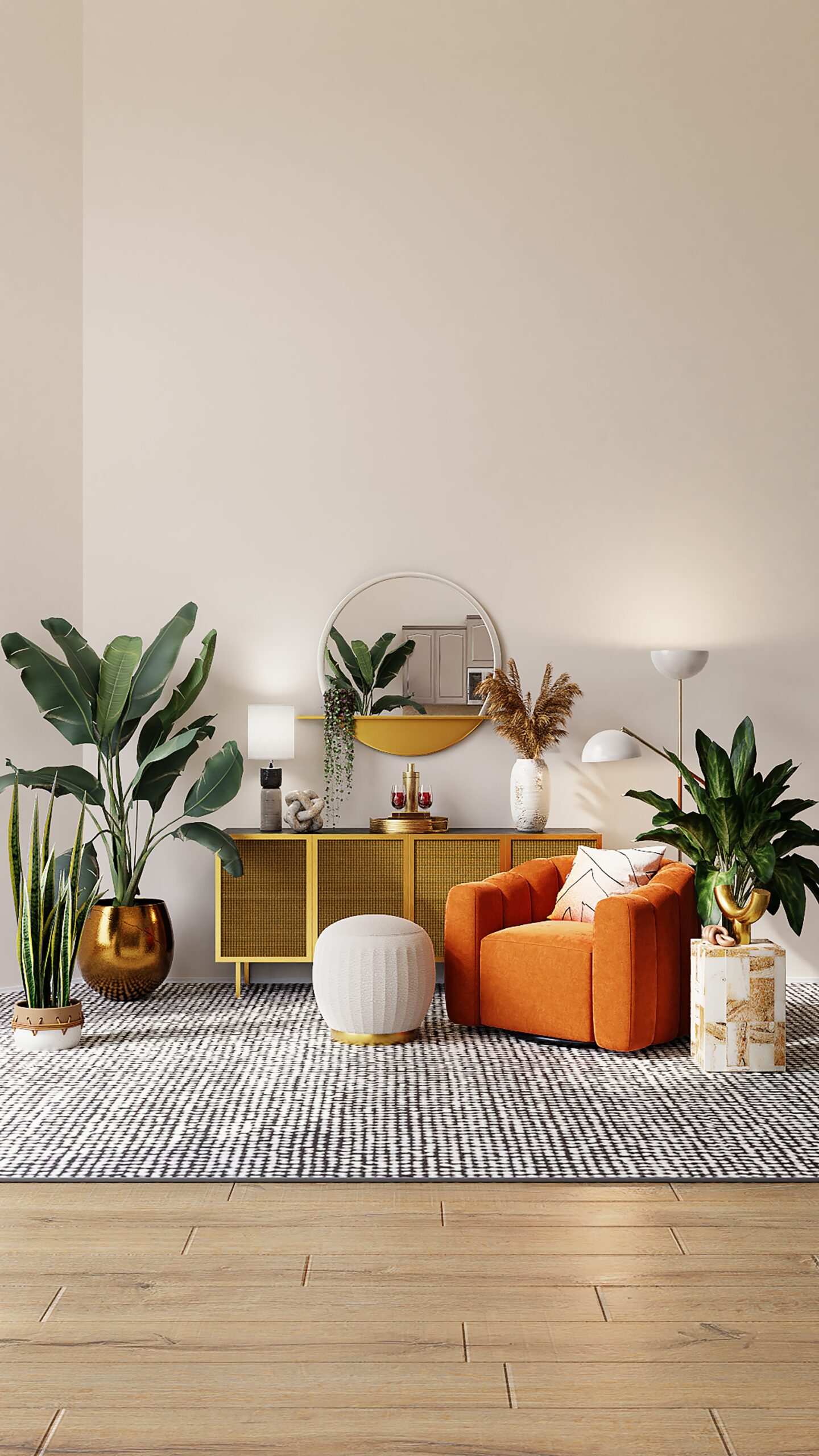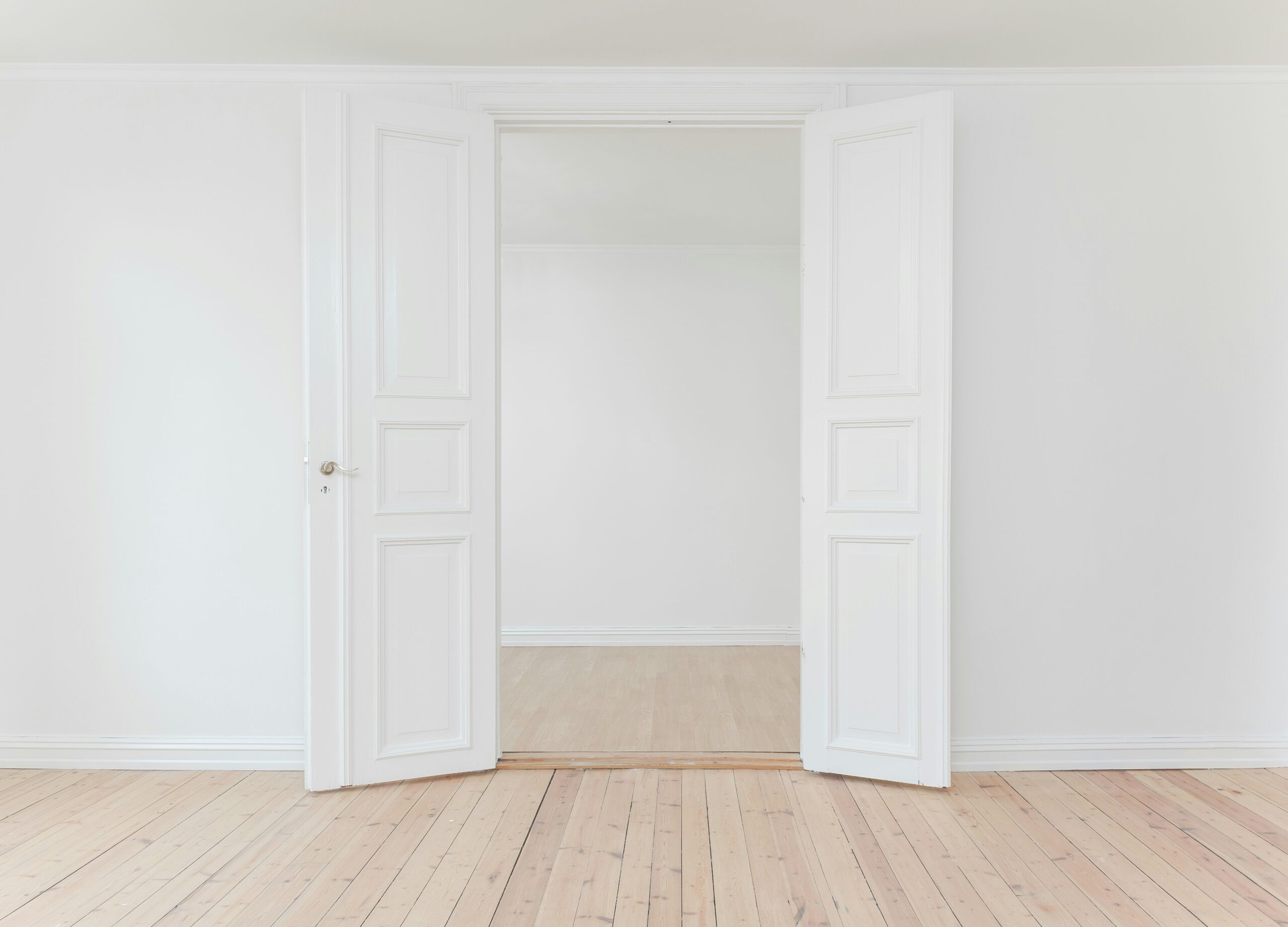Interior design is a profession that requires a unique blend of creativity, technical skills, and a keen eye for detail. If you have a passion for transforming spaces and creating aesthetically pleasing environments, a career in interior design might be the perfect fit for you. However, before embarking on this exciting journey, it is essential to understand the qualifications and skills required to become a successful interior designer.
Educational Background
While there are no specific educational requirements to become an interior designer, most professionals in this field have a formal education in interior design or a related discipline. A bachelor’s degree in interior design is highly recommended and can provide a solid foundation in design principles, space planning, color theory, and materials. Some aspiring interior designers may also pursue a master’s degree to further enhance their knowledge and expertise.
Creative Skills
One of the most important qualifications for an interior designer is a strong sense of creativity. Interior designers must have the ability to think outside the box and come up with innovative design concepts that meet their clients’ needs and preferences. They should have a keen understanding of color palettes, texture combinations, and furniture arrangements to create visually appealing and functional spaces.
Technical Skills
Alongside creativity, interior designers must possess a range of technical skills to bring their design concepts to life. Proficiency in computer-aided design (CAD) software is crucial for creating detailed floor plans, 3D renderings, and presentations. Knowledge of building codes and regulations is also necessary to ensure that designs comply with safety and accessibility standards. Additionally, interior designers should have a good understanding of materials, finishes, and construction techniques.
Communication and Interpersonal Skills
Interior designers often work closely with clients, architects, contractors, and other professionals involved in the design process. Therefore, excellent communication and interpersonal skills are essential. Interior designers must be able to listen to their clients’ needs, understand their vision, and effectively communicate their design ideas. They should also be skilled in presenting their concepts and collaborating with others to bring the design to fruition.
Business Acumen
While creativity and design skills are vital, interior designers must also possess a solid understanding of the business side of the profession. They need to be able to manage budgets, estimate costs, and negotiate contracts with suppliers and contractors. Knowledge of marketing and client management is also beneficial for building a successful interior design business.
Continuing Education and Professional Development
Interior design is a dynamic field that is constantly evolving. To stay current with the latest trends, technologies, and industry standards, it is crucial for interior designers to engage in continuing education and professional development. Attending workshops, conferences, and seminars, as well as obtaining certifications, can help interior designers enhance their skills and expand their knowledge base.
Conclusion
Becoming an interior designer requires a combination of formal education, creative and technical skills, excellent communication abilities, and a business mindset. By acquiring these qualifications and continuously learning and growing in the field, aspiring interior designers can embark on a fulfilling and successful career in creating beautiful and functional spaces.




